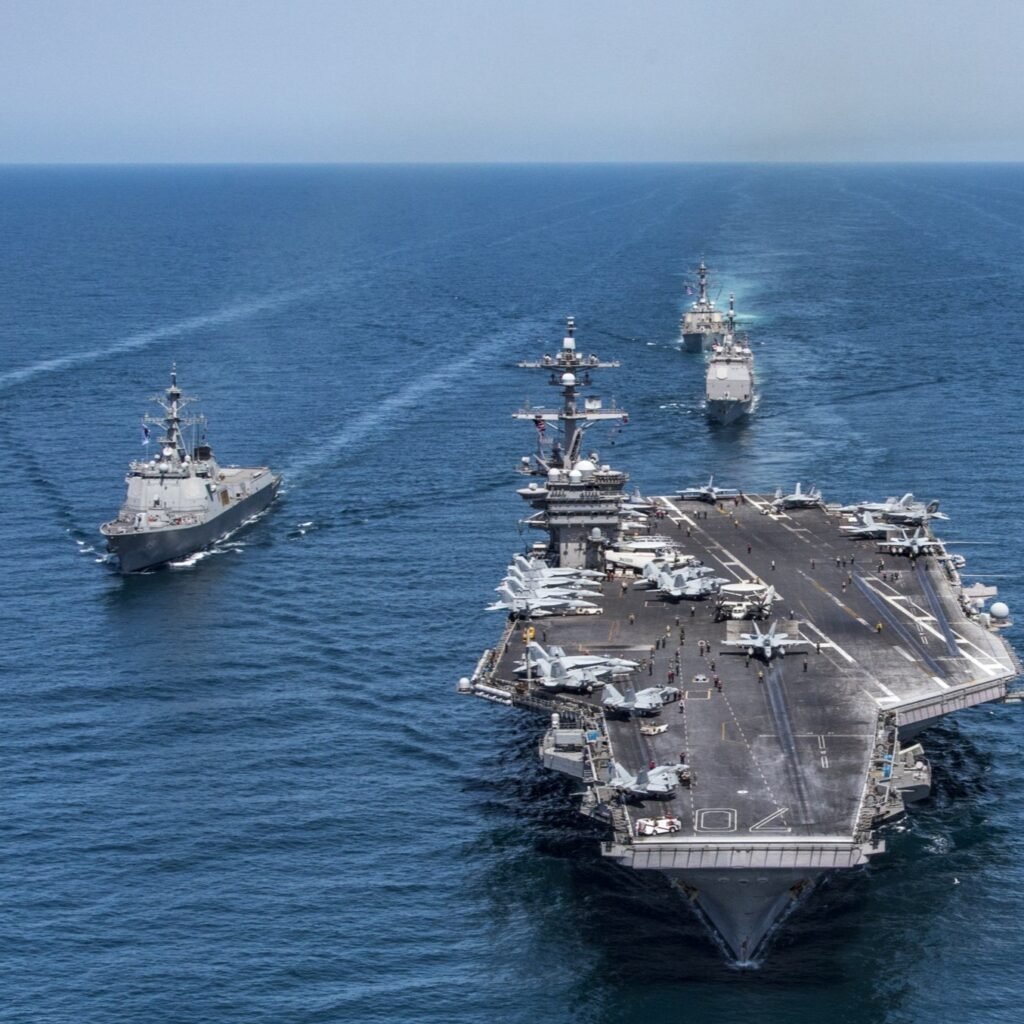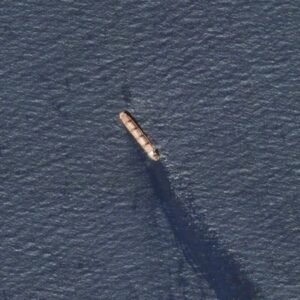The US Military announced on Friday that it had intercepted four Houthi drones and two anti-ship cruise missiles in Yemen and the Red Sea. This action was taken after assessing that they posed an immediate threat to merchant vessels and US Navy ships, stated the Central Command.
These drones and cruise missiles were poised to launch from areas of Yemen controlled by the Houthis toward the Red Sea. Additionally, the military successfully intercepted three Houthi one-way attack drones near commercial ships operating in the Red Sea.
During the strike conducted by the US Military on Thursday and Friday, no ships incurred damage, as confirmed by the Central Command on Friday. Just a day prior, the US military had reported conducting four “self-defense” strikes against the Houthis, destroying seven anti-ship cruise missiles and a mobile ballistic missile launcher in Yemen.
On Thursday, Houthi rebels carried out attacks targeting Israel and a ship in the Gulf of Aden, setting the vessel ablaze. This incident underscores their capability to launch assaults despite facing airstrikes led by the US.
Also Read: Gaza Ceasefire Controversy in UK Parliament
Houthis Step Up Red Sea Strikes, Employing ‘Submarine Weapons’
In the face of ongoing US strikes, a Houthi spokesperson declared on Thursday that the rebel group is intensifying attacks on ships in the Red Sea and surrounding waters.
This statement follows the rebels claiming responsibility for an attack on a UK-owned cargo ship and a drone assault on an American destroyer on Thursday. Additionally, they targeted Israel’s port and resort city of Eilat with ballistic missiles and drones.
Abdul Malik al-Houthi, speaking in a televised address, emphasized, “Operations in the Red and Arabian Seas, Bab al-Mandab Strait, and the Gulf of Aden are continuing, escalating, and effective,” as reported by Reuters.
Recent attacks by the rebels on ships suggest a shift in their targeting strategy, moving from pro-Israel shipments to more indiscriminate attacks. Consequently, they pose a significant threat to a critical waterway facilitating cargo and energy shipments from Asia and the Middle East to Europe.
Latest News: Israeli Prime Minister Netanyahu’s Rafah Offensive Plan Amidst Ceasefire Talks













